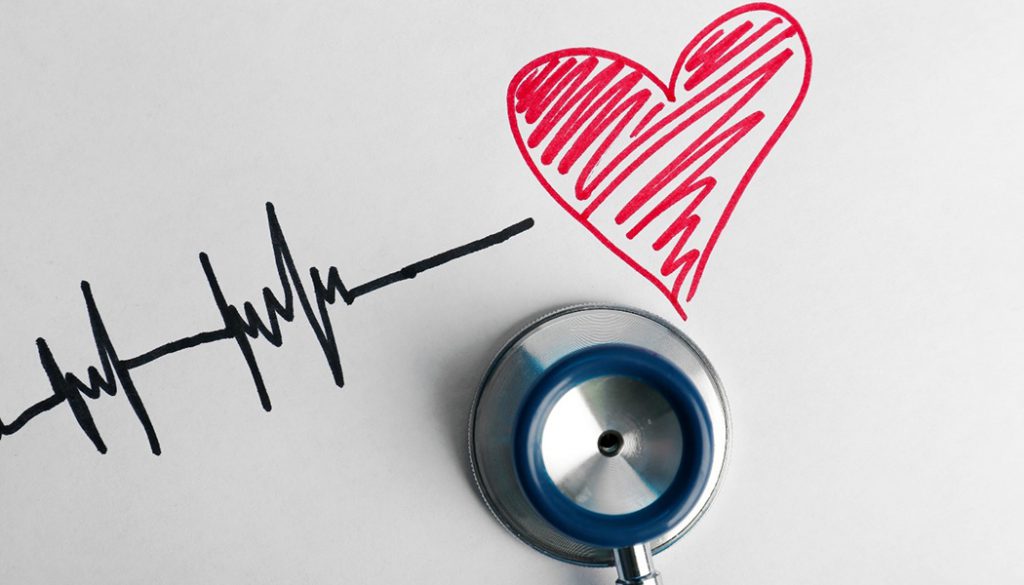Heart Health and Cancer
A cancer diagnosis is a massive burden across almost every aspect of someone’s life, and recent studies have highlighted one statistic which should not be taken lightly: Individuals battling the disease have an increased likelihood of heart problems. In fact, heart problems are ranked as one of the most common and serious long-term side effects of cancer treatment.
With age being a key risk factor for myriads of cancers, the majority of cancer patients are already at risk of age-related heart issues. Being over the age of 65, radiation delivered directly to the chest and receiving higher dosages of chemotherapy can increase one’s risk of heart problems. Aside from reducing the quality of life, having poor heart health can actually affect cancer treatment. If someone suffering from heart disease needs chemotherapy, then medications may need to be adjusted in order to protect the heart. Even if medication does not interfere with chemotherapy, a healthy heart always manages treatment better than an unhealthy heart.
Regardless of whether or not a patient has a healthy heart prior to treatment, they are still at risk of developing congestive heart failure (CHF), coronary artery disease, arrhythmia and cardiotoxicity. CHF means there was damage to the heart, leaving it unable to perform properly. The symptoms are often very similar to other diseases, such as diabetes or cirrhosis. Because of these similarities, any patient experiencing any combination of fatigue, congestion, shortness of breath, swelling in the lower extremities or a change in energy levels should consult with a doctor immediately.
Patients that received high dosages of radiation to the chest are at a higher risk of coronary artery disease. This means that there is blockage or scarring of the blood vessels as a result of radiation treatment. Common signs for coronary artery disease are chest pain or shortness of breath. If a patient has an irregular heartbeat and experiences chest pain, dizziness or shortness in breath, they may be suffering from arrhythmia. Arrhythmia can be treated with drugs or, in extreme cases, surgery.
Cardiotoxicity is a side effect which weakens the heart muscles. It is caused by various chemotherapy drugs, including doxorubicin, epirubicin, idrarubicin and daunorubicin. Many of these drugs, known as cardiotoxic drugs, are used to treat childhood leukemia. Chronic cardiotoxicity can occur almost immediately after treatment or even years afterwards. Because of this, heart health may be a lifetime struggle for some cancer survivors.
So, what can be done to protect the health of a heart? Fortunately, the keys to keeping a healthy heart are very similar to those of protecting oneself against cancer. Regardless of whether or not one is battling cancer, it is important to continue living a heart-healthy, cancer-preventative lifestyle. Like most diseases, diet and exercise are huge factors in heart health and cancer. Limiting the intake of salt, saturated and trans fats, and cholesterol is an easy place to begin. It is as simple as incorporating more vegetables, fruits, and whole grains into meals. While eating healthy is a step in the right direction, it is best when accompanied by other healthy choices such as exercising and reducing tobacco use.
References:
- https://www.cancer.net/navigating-cancer-care/older-adults/when-cancer-not-your-only-health-concern
- https://www.cancer.net/navigating-cancer-care/side-effects/heart-problems
- https://www.cancer.net/survivorship/long-term-side-effects-cancer-treatment
- https://my.clevelandclinic.org/health/diseases/16828-cardiotoxicity-cancer-treatment–the-heart
- https://www.mdanderson.org/patients-family/diagnosis-treatment/emotional-physical-effects/heart-health.html












